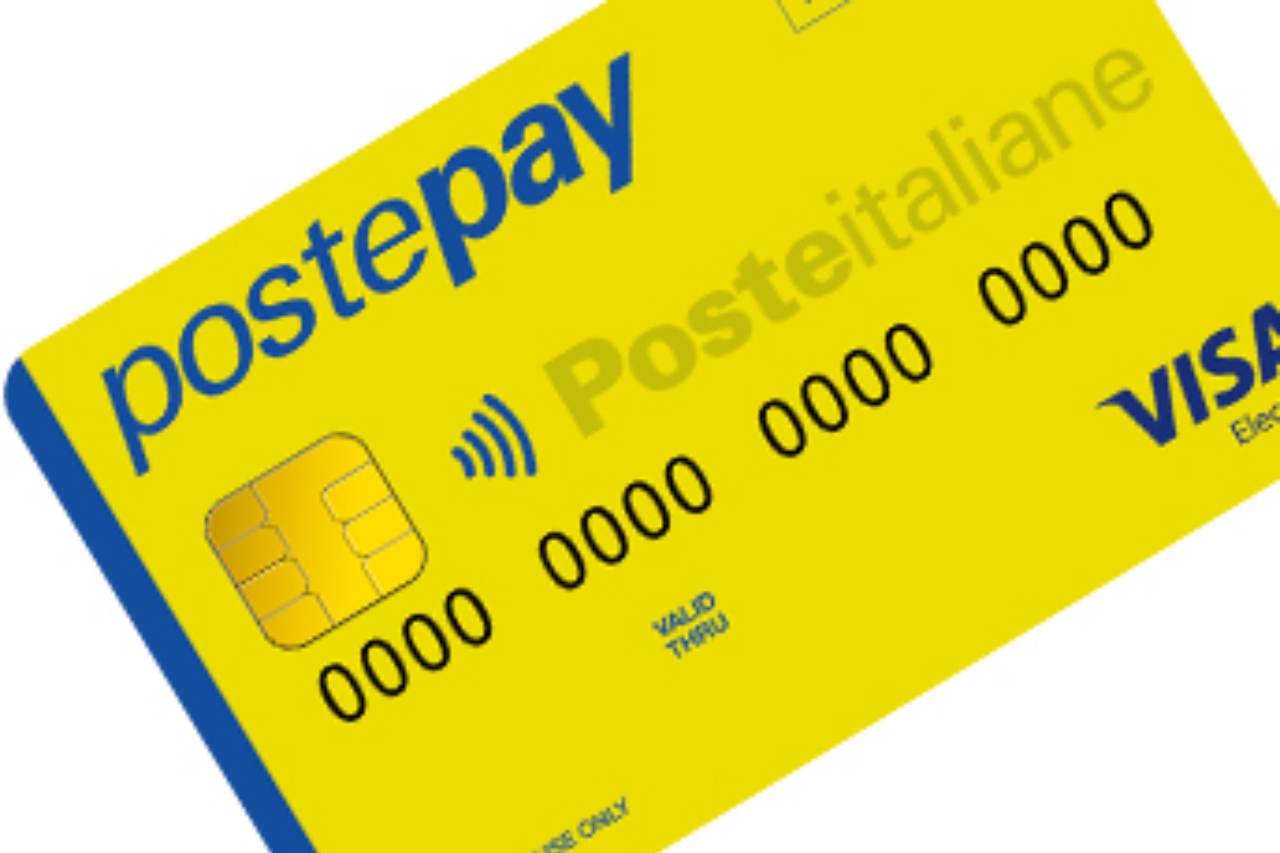New scam against the holders of a PostePay. A phishing message launched by scammers attempts to fool thousands of users.
The use of technology to accomplish a ever increasing number of operations it attracts the attention of criminals who try to scam savers. Users, especially the less familiar on the web, can easily fall into well-designed traps by those hoping to make money by cheating others. Since the card PostePay it is used by many people, it is becoming the tool used by scammers to manipulate the inexperienced.
Read also >>> Pay attention to withdrawals | Current Account Fraud Alert | Revenue Agency who risks
The scam with PostePay, pay attention to the message

The manipulations of the crooks start from phishing messages. The content tries to scare the recipient into entering personal data and information. These sms almost exactly replicate the original messages of the bank or reference institution in such a way as to convince the user of the truthfulness of the request.
The latest text that created panic among PostePay customers asserts that the user and the functions on the Intesa account you own have been disabled. The motivation expressed is the achievement of the activity threshold granted following which it is necessary to verify some personal information. He is thus asked to update the data by accessing a link which looks like the official PostePay portal but in reality it is not.
Read also >>> Spoofing alarm, the scam that empties the current account: which banks are affected
How to defend yourself from possible deception
Despite being signed by PostePay, the email is fake and aimed at deceiving users. To protect yourself from this phishing message, as well as from many others that may arrive, remember that your personal data should never be forwarded online unless you are sure you have opened the official page of the bank, Poste Italiane or any other reference institution.
Furthermore, it is necessary to pay attention to the link (often it does not contain .it or .com) and to thespelling of the text. The presence of grammatical errors, in fact, should be an effective alarm bell to identify a scam. Furthermore, not only are emails subject to phishing but even phone calls, sms or Whatsapp messages. The attention must always be high and thus it will be possible to avoid receiving bitter surprises.
–


